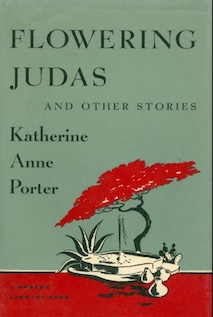Doug talks chiasmus with Dr. Andrew Harvey (aka X-Mule).
We start with the basics of chiasmus as a rhetorical device with words placed in a mirroring structure: ABBA (“Ask not what your country can do for you, but what you can do for your country”) and consider different kinds of chiasmus (words, letters, sounds).
Then, to the deeper waters: we discuss chiasmus in major poetry, from Virgil to Eliot, and delve into its theological significance, taken in the Christian world as the mark of the Cross (the Chi or X). In the highest chiasmus, found in Athansius’ “On the Incarnation,” God became man that man might become God.
Our epigraph is from George Herbert’s poem, “The Priesthood.” Plus, Dr. X’s Top Ten Instances of Chiasmus.
Show notes:









